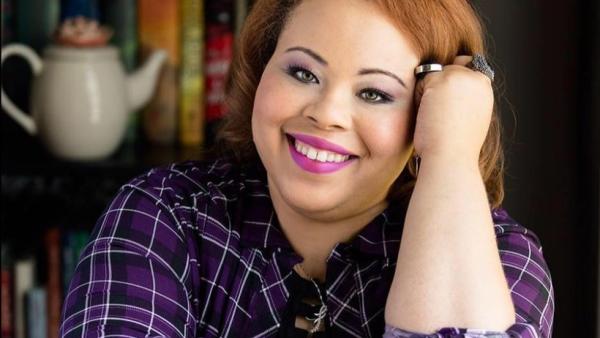The Irish know how to talk about death — and also celebrate it. Even in difficult times. Gillian O'Brien is an Irish historian who went on a dark tour of her country's historic sites and memorials of death, going back to the Irish Potato Famine.
Articles
Rafael Campo is a doctor who's also a prize-winning poet. He sees medicine and writing as two different modes of healing. And during the pandemic, writing poetry has been his way to bear witness to the many people who lost their voices to COVID-19.
When the pandemic hit, it laid bare just how precarious parenting arrangements were — especially for single parents, parents who can't work from home, and the unemployed. Working mothers in particular lost jobs or were forced to quit to take care of children at home. Journalist Alissa Quart spoke with Shannon about why a "parenting revolution" might be on the horizon.
Poets and married couple Amaud Johnson and Cherene Sherrard live in Madison, Wisconsin. Parents to two teenage boys, Amaud and Cherene each have a new book out, which focuses on their roles as fathers and mothers.
English author and professor Katherine Rundell thinks all of us – even adults – can benefit by reading books primarily meant for kids. Reading children’s books might inspire us to take chances, learn new things and go — literally and figuratively — to new worlds.
Inspired by "Alice in Wonderland" and "Buffy the Vampire Slayer," L.L. McKinney's Nightmare-Verse fantasy series reimagines Alice is a young Black girl from Atlanta. She told Steve Paulson that this Alice’s superpower is self confidence.
Examining both historical and present-day moments of widespread loneliness, philosopher Samantha Rose Hill argues we must understand our feelings of loneliness — otherwise they could be exploited to control us.
Ngugi wa Thiong’o — the renowned Kenyan author — believes African writers should write in their native language, not the colonial language of English or French. He says the best way to decolonize the mind is to reclaim native languages.








